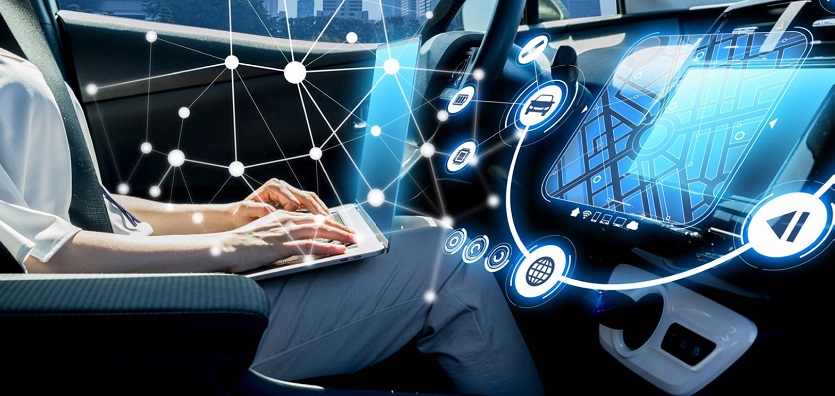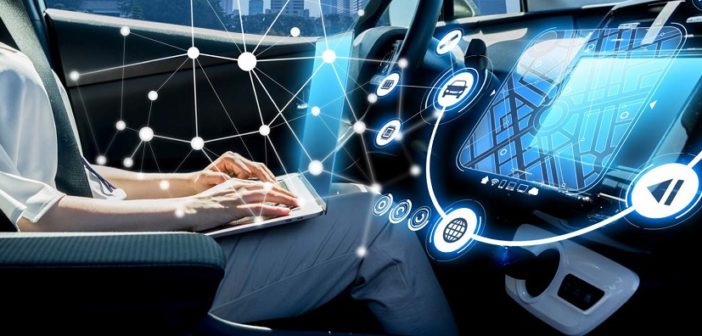
Cyber security in vital in autonomous vehicles: so how good is it today?
 The year is 2015 and two cyber security researchers, Charlie Miller and Chris Valasek, hack a Jeep Cherokee via its onboard Wi-Fi system to control the vehicle remotely. They sent commands to the CAN Bus (internal car network) and remotely controlled all of the car systems, including everything from the engine and transmission to its steering wheel and brakes. This discovery lead to the recall of 1.4 million cars by Fiat Chrysler.
The year is 2015 and two cyber security researchers, Charlie Miller and Chris Valasek, hack a Jeep Cherokee via its onboard Wi-Fi system to control the vehicle remotely. They sent commands to the CAN Bus (internal car network) and remotely controlled all of the car systems, including everything from the engine and transmission to its steering wheel and brakes. This discovery lead to the recall of 1.4 million cars by Fiat Chrysler.
In 2017, Chinese researchers took control of a Tesla Model X through its Wi-Fi and cellular networks using malware they sent to the car’s web browser in a series of circuitous exploits. The researchers managed to gain control of the vehicle’s brake systems, as well as being able to open the trunk and doors, and take control of the radio. Tesla fixed these vulnerabilities shortly after the disclosure.
Both of these experiments were conducted under controlled conditions, so no one was hurt. However, connected and autonomous vehicles (AV) are complex technology systems of multiple networks and software applications, communication busses, sensors, data platforms, as well as connectivity to and from the vehicle from financial systems, transportation and road systems, communication and navigation systems, home security systems, etc. Advanced vehicle safety depends on an array of electronics, sensors and computing power. As connectivity of these interdependent systems increase so does their vulnerability to potential attacks. An AV can have anywhere from 30 to 100+ Electronic Control Units (ECUs) which in turn have thousands of lines of codes. An AV can be hacked to re-route to a wrong destination putting the passengers at risk, vehicle stolen, misused or broken up into pieces for resale. A hacked AV could potentially be used to breach your home security (override garage, home security system) and leaves you exposed to burglary…Click here to read full article.





